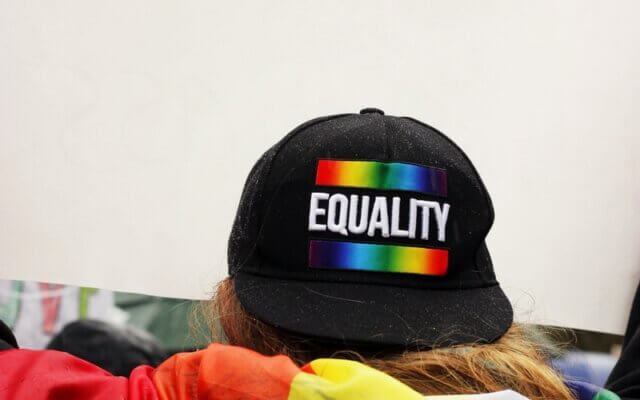ERASMUS+, Klíčová akce 1: tréninkový kurz
Termín konání: 17.—26. leden 2025
Místo konání: Bran, okres Brașov, Rumunsko
Český tým: 2 účastníci
Přečtete si prosím info-pack.
Hostitelská organizace: Active Development Association (ADA)
Report z projektu:
From rural to plural je heslo, pod kterým se skrývá snaha udělat okrajové oblasti lepším místem pro život. Vytváří se nové iniciativy a příležitosti pro mladé, stejně jako vznikají prostory pro setkávaní a rozvoj. Tento tréninkový kurz byl zaměřený na budování politik a strategií dotýkajících se dané problematiky.
Cílem naší cesty byl Simon, malá rumunská vesnička zasazená v dechberoucích Karpatech. Čekal na nás krásný útulný hotel s výbornou kuchyní. Postupně jsme se seznámili s dalšími účastníky, kteří reprezentovali celkem 13 zemí. První dny jsme začali team-buildingovými aktivitami, abychom se lépe poznali a vytvořili sjednocený kolektiv. Nechyběl ani NGO fair, kde každý představil organizaci, kterou zastupuje, a my se tak mohli propojit i v budoucnu na profesionální úrovni. Když jsme měli v programu volno, procházeli jsme se krajinou a poznávali jak přírodu, tak sami sebe navzájem.
Celým kurzem nás provázel Victor, který za projektem stojí. Předal nám své bohaté znalosti a know-how v oblasti psaní politik. Všechna školení jsou formou neformálního vzdělávaní, takže na nudné powerpoint prezentace můžete zapomenout. I my sami jsme si v menších skupinách zkusili jednu politiku napsat, abychom nové vědomosti převedli do praxe. Ke konci dne jsme se všichni těšili na kulturní večery, kde každý představil svoji zemi. Ochutnávali jsme spoustu jídla i pití, tančili jsme národní tance, zpívali a zábava pokračovala do pozdních hodin.
V polovině týdne jsme měli volný den a dostali jsme tak možnost prozkoumat krásy Rumunska. Společně jsme se vydali do Sinai, kde je jeden z nejkrásnějších paláců, který jsem kdy navštívila – zámek Peleš. Dále jsme se vydali do Brašova, kde si každý přijde na své. Dominantou města je proslulý Černý kostel, na malebném náměstí hned vedle se nachází nespočet útulných kaváren a hospůdek a to celé obklopují mohutné hory a kopce, které nabízí krásné vyhlídky. Kdo chtěl, mohl se vydat i do nedalekého Branu, jehož chloubou je celosvětově známý Drákulův hrad.
Ke konci projektu se nás ujala Andra, se kterou jsme rozebírali tvorbu kampaní. Ponořili jsme se do reálných případů, abychom viděli, co funguje nebo jakými způsoby můžeme za náš cíl bojovat. Samozřejmě jsme si vše vyzkoušeli v praxi a získali užitečnou zpětnou vazbu.
Celý projekt mě toho naučil hrozně moc i za hranice daného tématu. Nabyté znalosti jako vytváření obsahu na sociální sítě, metody zjišťování a analýzy problému, oslovení autorit a mnohé další najdou uplatnění nejen při rozvoji venkovské mládeže, ale při tvorbě jakéhokoli projektu. Přesto si odnáším věci ještě cennější. Vybudovaná přátelství při večerních hrách, poznání cizích kultur a zvyků při národních večerech a nespočet krásných vzpomínek, které zůstanou na celý život.
Ema


